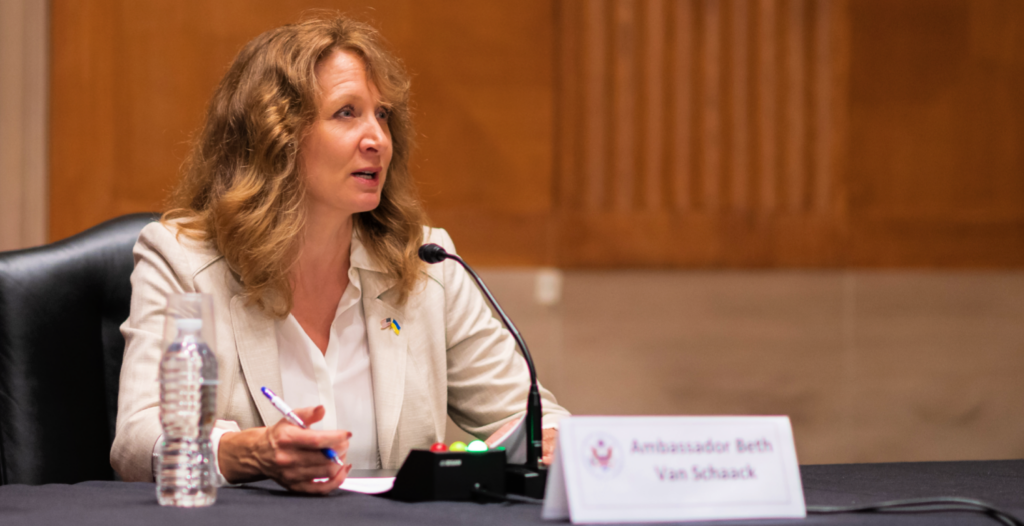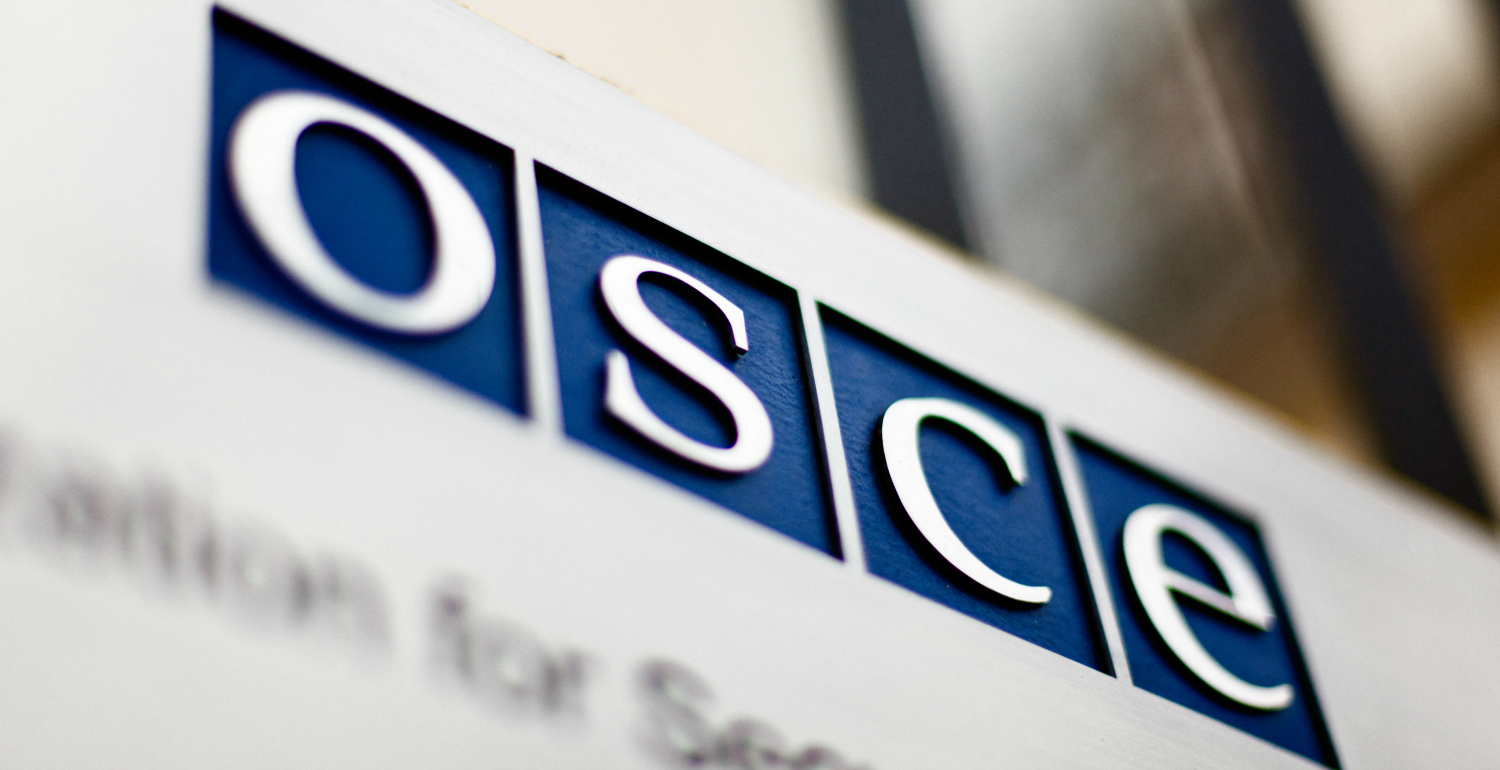This hearing discussed the dissolution of the Soviet Union and the creation of a series of succeeding states. The hearing covered the theme of regional and ethnic divisions as key elements in the unpredicted dissolution of the Soviet Union. The witnesses covered the particular challenges of securing peaceful independence from the “commonwealth of former Soviet Republics” and the democratization process. The conversation centered on the human rights dimension and the process of newly created states signing on to several international treaties and obtaining memberships in international organizations.
Members
Hon. Steny Hoyer
Chairman
Commission on Security and Cooperation in Europe
Hon. Dennis DeConcini
Co-Chairman
Commission on Security and Cooperation in Europe
Hon. Don Ritter
Commissioner
Commission on Security and Cooperation in Europe
Witnesses
Ambassador Guennadi Oudovenko
Permanent Representative to the United Nations
Ukraine
Roger Robinson Jr.
President/Former Senior Director
RWR Inc./International Economic Affairs at the National Security Council
Paul Goble
Carnegie Endowment for International Peace
Martha Brill Olcott
Professor/Fellow
Colgate University/East-West Center, Duke University
Relevant Countries
Leadership

Hamas’ Hostages, Putin’s Prisoners, and Freeing Inte...
Oct 25, 2023The practice of seizing hostages and political prisoners, as well as actively terrorizing civilians is a constant displayed by Hamas in Israel and Russia’s war against Ukraine. To highlight issues […]

Supporting A Democratic and Secure Moldova
Jul 12, 2023In recent years, Moldova has made notable steps to improve its democratic institutions and combat corruption. President Maia Sandu and her Party of Action and Solidarity (PAS) have spearheaded wide-ranging […]
Hearing: Supporting a Democratic and Secure Moldova
Jul 06, 2023Wednesday, July 12, 2023 2:00 pm Cannon House Office Building, Room 210 Live stream: https://www.youtube.com/watch?v=jm-R6rfQbCo In recent years, Moldova has enacted numerous reforms under current Moldovan President Maia Sandu to […]
Helsinki Commission Announces Hearing on Crowdsourci...
Dec 07, 2022WATCH LIVE […]
Helsinki Commission Alarmed By Reported Transport of...
Sep 02, 2022WASHINGTON—Following reports that the Sparta II, a Russian cargo ship, transported S-300 missile systems through the Turkish Straits, Helsinki Commission Chairman Sen. Ben Cardin (MD), Co-Chairman Rep. Steve Cohen (TN-09), Ranking […]
Helsinki Commission Deeply Concerned Over Latest Ele...
Jul 27, 2022WASHINGTON—Helsinki Commission Chairman Sen. Ben Cardin (MD) and Co-Chairman Rep. Steve Cohen (TN-09) today expressed deep concern about an effort by the international community’s High Representative in Bosnia to impose […]
Helsinki Commission Delegation Convenes Historic Bla...
Jul 14, 2022WASHINGTON—From June 29 – July 9, Helsinki Commission Ranking Member Sen. Roger Wicker (MS) led a bipartisan, bicameral congressional delegation to Romania, the United Kingdom, Finland, and Sweden to consult […]
Russia’s Swiss Enablers
May 05, 2022Long known as a destination for war criminals and kleptocrats to stash their plunder, Switzerland is a leading enabler of Russian dictator Vladimir Putin and his cronies. After looting Russia, […]

Russian War Crimes in Ukraine
May 04, 2022Well-documented Russian bombings and missile strikes in Ukraine have decimated hospitals, schools, and apartment buildings, including a theater in Mariupol where hundreds of children were sheltering and the Kramatorsk rail […]
Helsinki Commission Briefing to Examine Swiss Enabli...
Apr 29, 2022WASHINGTON—The Commission on Security and Cooperation in Europe, also known as the Helsinki Commission, today announced the following online briefing: RUSSIA’S SWISS ENABLERS Thursday, May 5, 2022 10:00 a.m. Register: https://ushr.webex.com/ushr/j.php?RGID=r72f85e0c40a09b609b328a9481f54063 […]


